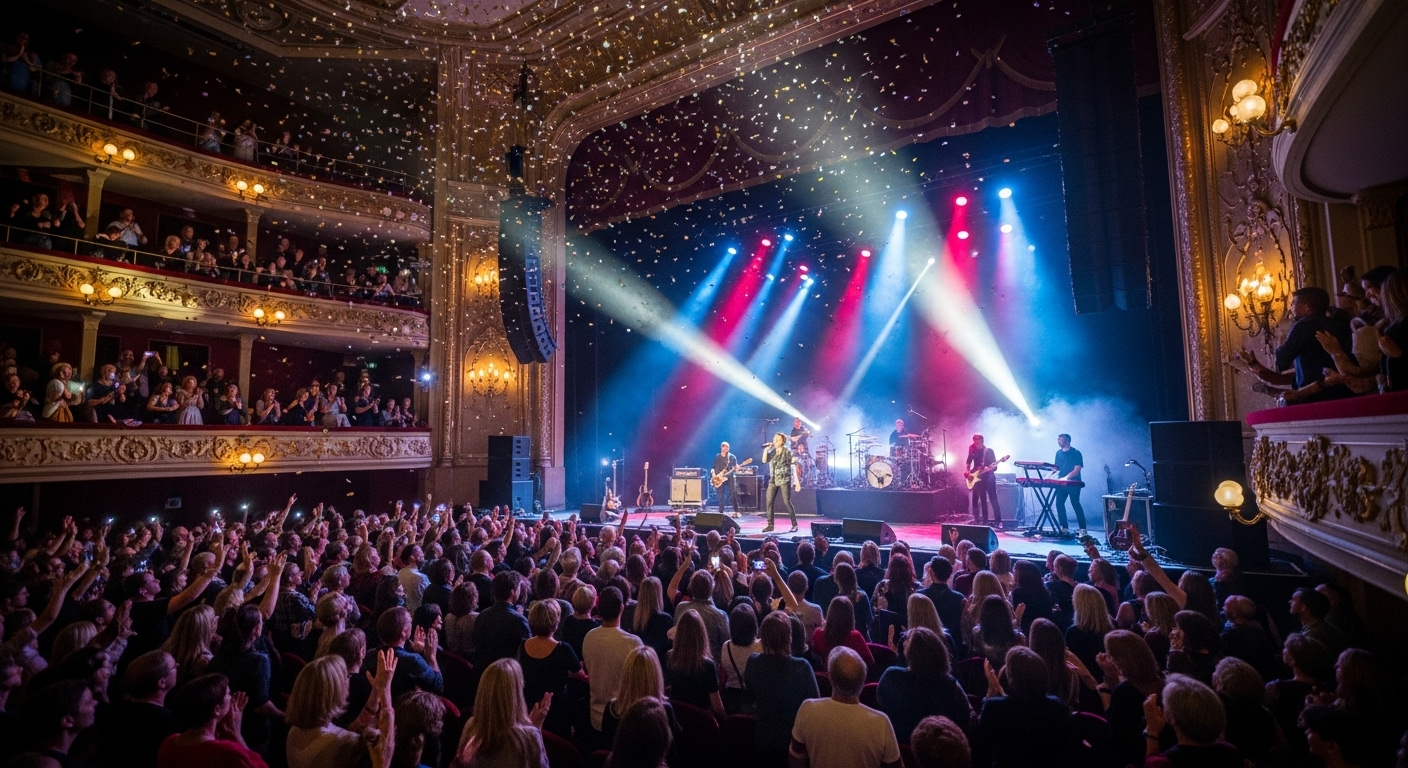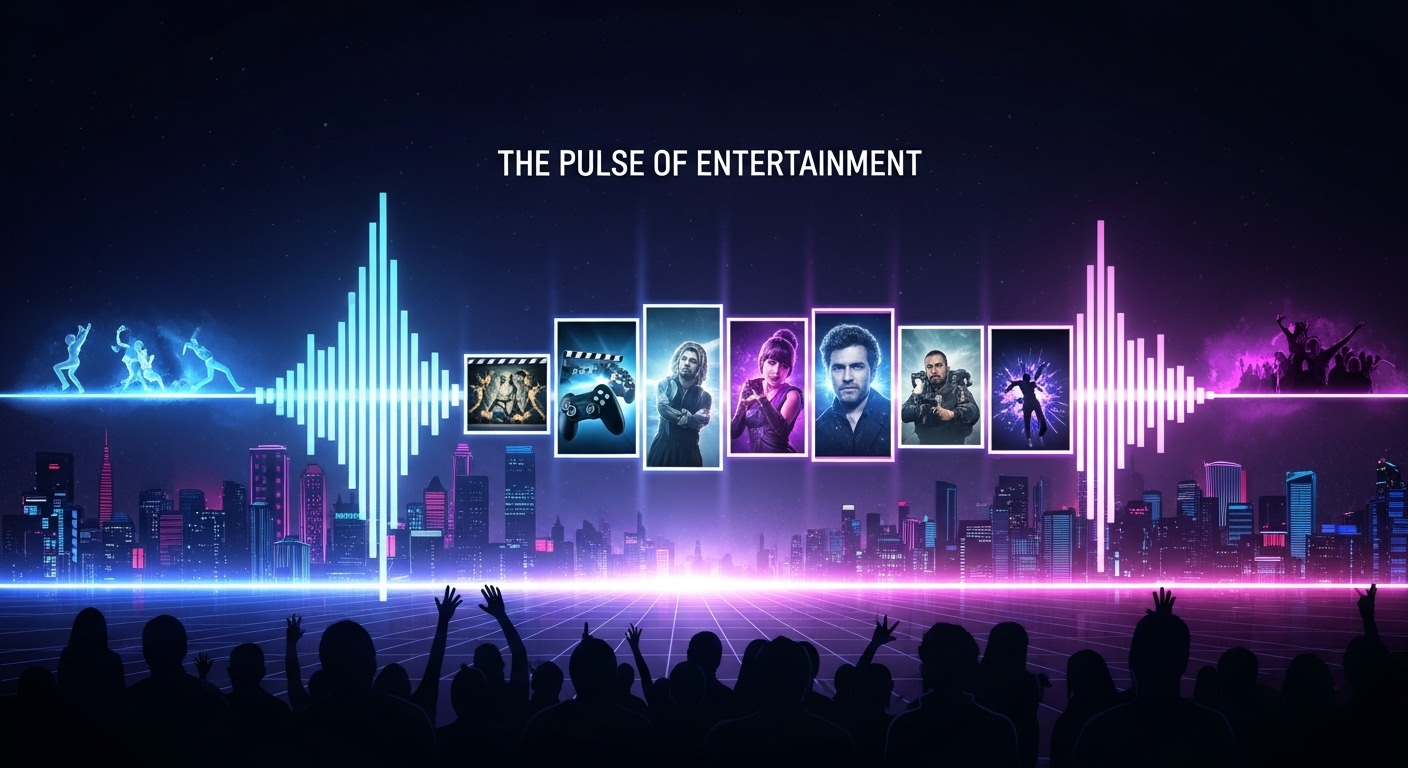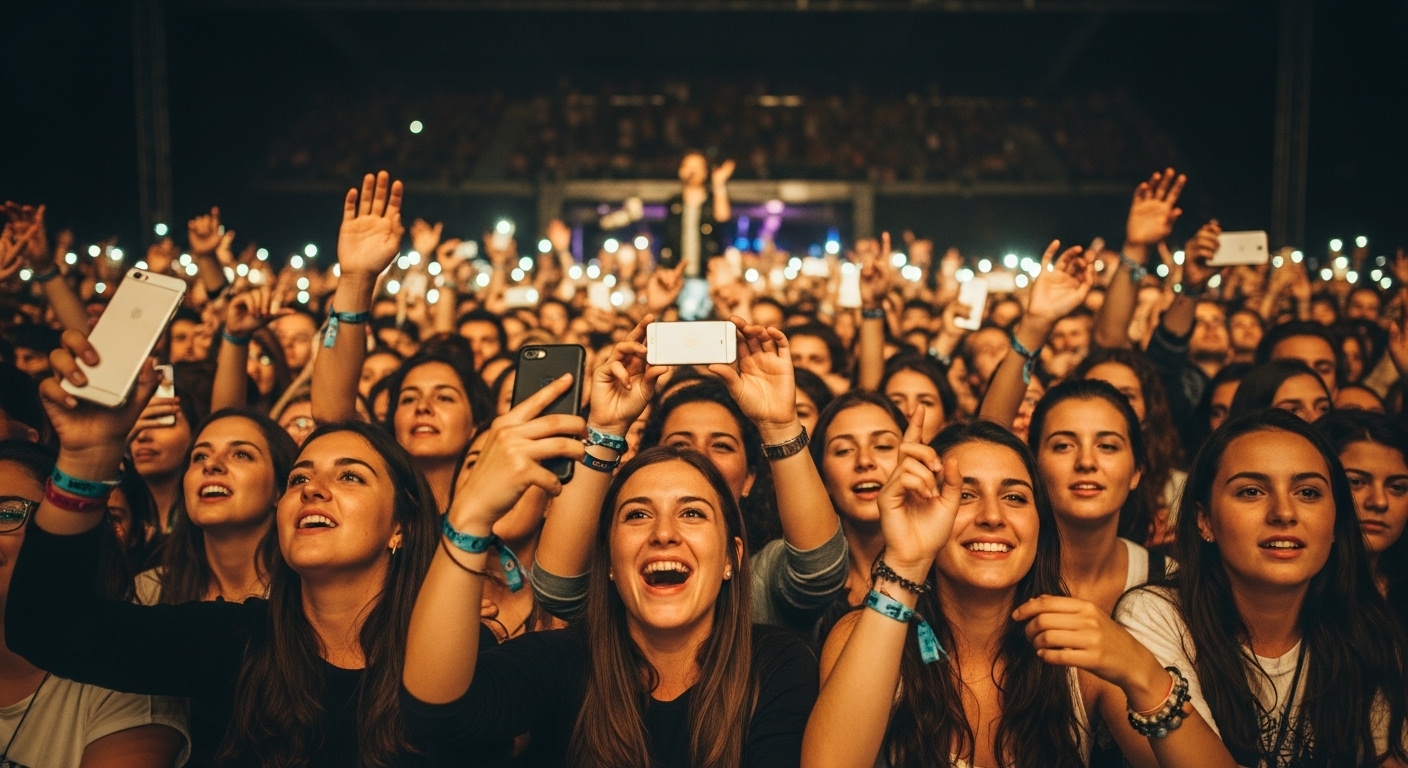Entertainment has always been a cornerstone of human culture, evolving in tandem with technological advancements. From the early days of theater performances and radio broadcasts to the digital age of streaming and gaming, the entertainment landscape has undergone dramatic transformations. Today, we find ourselves at the intersection of a new era in entertainment—one that emphasizes interactivity, customization, and immersive experiences. In this blog post, we will explore how entertainment has evolved, how technology continues to shape it, and what the future holds for this ever-expanding industry.
The Traditional Entertainment Era: Simple, Yet Powerful
For much of the 20th century, entertainment was primarily passive. People gathered in theaters to watch plays, listened to radio broadcasts in the comfort of their homes, and tuned into scheduled television programming. The options were relatively limited, but the experience was shared. Families would sit together around the television, awaiting the weekly episode of a popular sitcom or drama series. Movie nights at the cinema or listening to the latest hit on the radio brought people together, creating common cultural touchpoints.
During this time, the relationship between entertainers and audiences was largely one-sided. The creators produced content, and audiences consumed it. There were few avenues for viewers to interact with the content directly, other than by sharing their opinions with friends or in letters to the editor. This model lasted for decades and formed the foundation for the entertainment industry’s global dominance.
The Rise of Digital Entertainment: Convenience Meets Choice
With the advent of the internet in the late 1990s, everything began to change. The first major shift came with the rise of digital formats. Music and movies, once limited to physical media like CDs and VHS tapes, became available in digital formats, which were easier to store, share, and access. Digital downloads and peer-to-peer file sharing revolutionized how people consumed content.
But it was streaming services that truly disrupted the entertainment industry. The launch of platforms like Netflix, Spotify, and YouTube in the early 2000s gave people unprecedented access to entertainment on-demand. No longer did people have to wait for their favorite shows to air or make a trip to a store to buy a movie. Instead, they could stream their favorite content anytime, anywhere, as long as they had an internet connection. This shift to on-demand content gave viewers more control over what they watched and when they watched it, forever changing the entertainment consumption model.
Social Media and User-Generated Content: The Rise of the Digital Creator
While streaming services were revolutionizing passive entertainment consumption, another shift was happening on social media platforms. Platforms like YouTube, Instagram, TikTok, and Twitter enabled ordinary people to become content creators in their own right. Social media allowed users to share videos, photos, and opinions with global audiences, effectively democratizing entertainment production.
Today, influencers and digital creators can amass millions of followers, and their content can generate massive engagement. People no longer need to rely on traditional media outlets or networks to gain fame or attention. In fact, the definition of a “celebrity” has expanded beyond the traditional movie stars and musicians to include people who build their brands on social media.
The rise of user-generated content (UGC) means that entertainment is no longer a passive experience. Audiences can engage with creators directly, comment on videos, share their favorite content, and even collaborate with creators. This participatory culture has created a new entertainment ecosystem where the boundaries between creator and consumer are increasingly blurred.
Interactive Entertainment: The Explosion of Gaming
One of the most significant developments in modern entertainment is the rise of video gaming as a mainstream activity. What was once a niche hobby has now become one of the largest and most lucrative sectors in the entertainment world. Video games are no longer just about high scores and simple gameplay. They have evolved into complex, immersive worlds where players can live out stories, compete in global tournaments, and interact with others.
Online multiplayer games like Fortnite, League of Legends, and Minecraft have created vibrant communities of players who collaborate, compete, and socialize in real-time. These games have broken down the barriers between entertainment and social interaction, allowing players to connect with friends and strangers alike, no matter where they are in the world.
Esports, or competitive gaming, has taken this interaction to the next level, turning gaming into a spectator sport. Esports tournaments are now broadcast globally, attracting millions of viewers who watch professional gamers battle it out for massive prize pools. This phenomenon has also led to the creation of gaming leagues, professional teams, and sponsorship deals, mirroring traditional sports in many ways.
The Future of Entertainment: Immersive Experiences and Personalization
As we look to the future, it is clear that entertainment will continue to evolve in exciting ways. The rise of immersive technologies like virtual reality (VR) and augmented reality (AR) promises to change how we interact with content. These technologies will allow us to step into fully realized digital worlds, interact with objects and characters in ways that were previously impossible, and engage with stories in deeply personal ways.
For example, VR could enable us to experience concerts, movies, or even video games as if we were actually inside them. Imagine attending a live sports game or a theater performance from the comfort of your own home, with 360-degree views and real-time interaction with other virtual attendees. AR, on the other hand, could overlay digital content on the real world, transforming everyday environments into interactive playgrounds.
In addition to immersive technologies, AI is likely to play a bigger role in entertainment. AI algorithms already power content recommendations on platforms like Netflix and Spotify, but in the future, AI could create personalized entertainment experiences tailored to our preferences, mood, and even health. Instead of watching a pre-recorded show, viewers could enjoy dynamically generated content that adapts in real-time based on their reactions.
Entertainment as a Social Experience
In the future, entertainment will likely continue to be a highly social experience. Whether through shared virtual spaces, live-streamed events, or interactive platforms, technology is increasingly allowing us to experience entertainment together, even if we’re physically apart. Social features in video games, live-tweeting TV shows, and group watch features on streaming platforms are just the beginning.
This sense of community will likely become even more important as entertainment becomes increasingly personalized. The ability to share experiences with others, whether through gaming, social media, or live events, will remain a defining characteristic of the entertainment world.
Conclusion: Entertainment in a New Era
Entertainment has come a long way, from the early days of theater and radio to the digital revolution of streaming services, gaming, and social media. What was once a passive activity has now become an interactive, participatory, and often collaborative experience. With emerging technologies like VR, AR, and AI, the possibilities for the future of entertainment are limitless.
As we move forward, entertainment will continue to push the boundaries of how we engage with content, connect with others, and shape our own personalized experiences. One thing is certain: the world of entertainment will never be the same, and we are all part of this exciting transformation.



